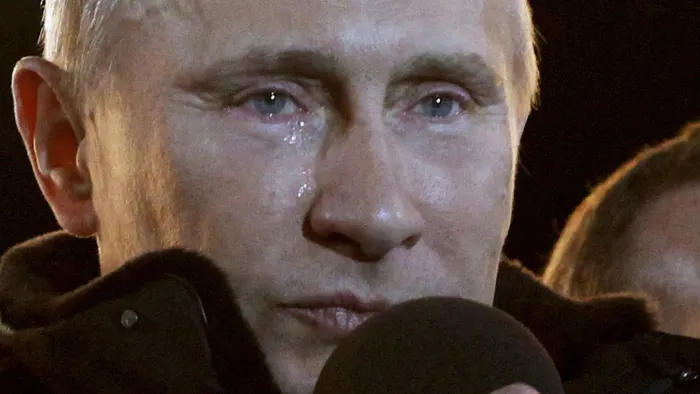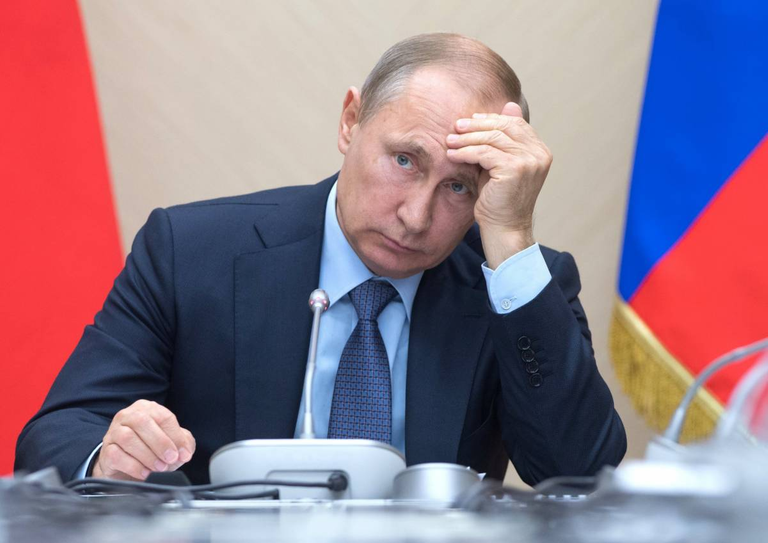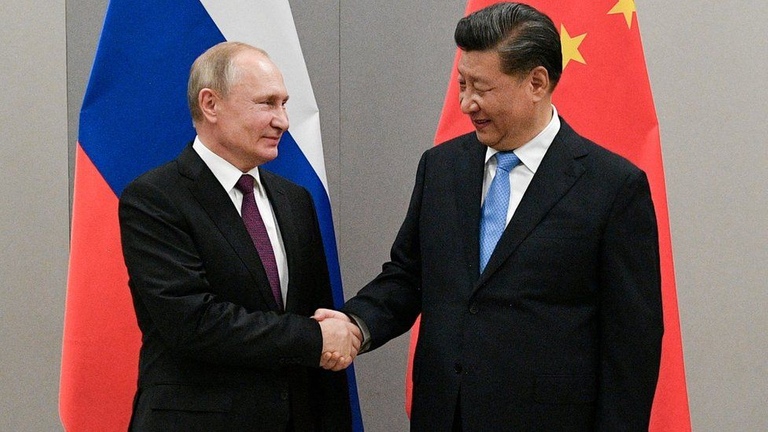Wars can easily spiral out of control when things don't go as planned. While it's impossible to know what Vladimir Putin had in mind when he ordered the invasion of Ukraine on February 24, most analysts believe he expected a quick victory within days.
months later, the conflict has turned into a war of attrition, in which Russia is using brutal tactics to crush Ukrainian resistance, according to US military analysts Benjamin Johnson, Tyson Wetzel and JP Baranco who wrote in the Council of the Atlantic: The war is attrition and starving Ukraine, blocking supplies, blocking access to the Black Sea and finally pushing the country into famine because Ukrainian farmers will not be able to tend to their seasons of growth "away from the main bases", European security researcher Ed Arnold at the British think tank, the Royal United Services Institute (RUSI), told the BBC.
Ammunition and fuel to run the war machine and supply the fighting forces. There is ample evidence that Russian forces in Ukraine are experiencing logistical problems, the most obvious being the proliferation of Russian military vehicles left on the ground after they collapsed.
"They weren't prepared for this scenario because they probably thought it would only take a few days," adds Arnold. James Stavridis, a retired US Navy admiral and dean emeritus of Tufts University's Fletcher School of Law and Diplomacy, says the costs are rising as Russia's funding sources dry up.
Although the country has one of the largest foreign exchange reserves in the world (nearly $600 billion), much of this money is now held in Western banks due to economic sanctions.

How much did the war cost?
According to the Center for Economic Recovery, a group of Ukrainian government economists and consultants, the first 23 days of the invasion cost Russia at least $19.9 billion in direct military spending.
They estimated that the Kremlin had lost $9 billion in destroyed military equipment. This is on top of the cost of launching cruise missiles and the potential loss of GDP over the next 40 years (due to the human budget). Ukrainian sources estimate that the cost of the war for Russia reaches tens of billions of dollars.
Expenses for this cannot be independently verified. Experts the BBC spoke to were wary of the uncertainty surrounding the costs of these aspects, although they agree it is too expensive to go to war. When will Russia run out of money?It basically depends on the ability of European countries to ban imports of Russian gas.
This is a major challenge as around 40% of EU natural gas imports come from Russia. It is also unclear whether the exclusion of many Russian banks from the SWIFT payment system, which allows international money transfers, will eventually be extended, leaving Putin with no alternative to receiving foreign currency payments. Finally, the extent of Russia's resource depletion also depends on its allies, and one of them in particular, China.

China Role
China has expressed concern about the war, but has continued to simply qualify as a "military operation". Experts have pointed to China's ability to influence the course of the conflict, but there is no consensus on the role it intends to play in the war. Beijing has expressed deep concern over the situation, but continues to call the invasion a mere "military operation". Vice Foreign Minister Li Yucheng said on March 19 that Western sanctions were "increasingly outrageous.
He added that these measures are unilateral and deprive Russian citizens of foreign assets" for no reason. "History has shown time and time again that problems cannot be solved." by imposing sanctions, because they will only harm ordinary people, affect the economy and finance, and worsen the global economy,” Yucheng said.China's vice foreign minister called Western sanctions "one-sided" and "scandalous" and said they punished ordinary Russian citizens. Renaud Foukart, a senior lecturer at Lancaster University in the UK, says China can be vital for Russia given the dire prospects Russia faces in the long term. "If the sanctions continue, Russia will be cut off from its main trading partners, with the exception of China and Belarus," Fockart said.
